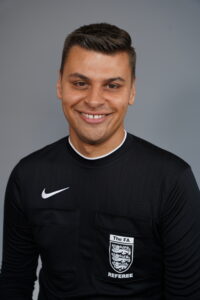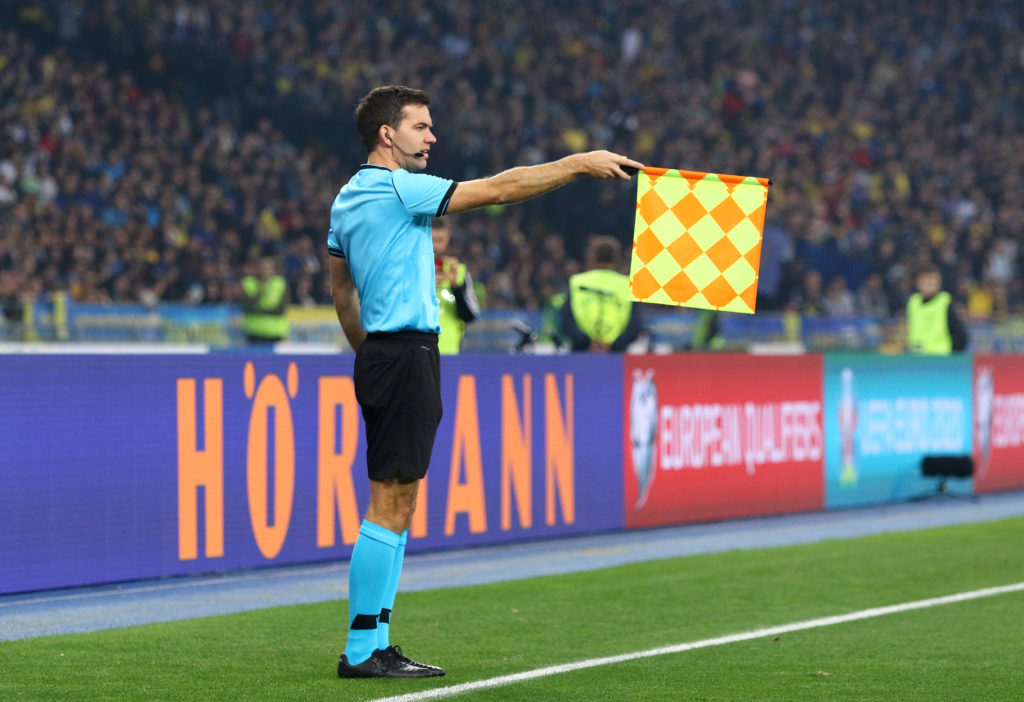Do you become frustrated when you don’t see your marks increase immediately?
Sometimes, referees expect too much, too quickly. These officials believe increased efforts will have an immediate impact on their marks.
For example, a baseball pitcher spends a lot of time working with a pitching coach to add another pitch to his arsenal. At the beginning of the season, he expects to increase his strikeouts per game dramatically. However, it takes time to gain comfort on the mound in live situations.
Or a swimmer who has put extra effort into honing their freestyle technique. She expects to drop significant time in the 100-meter freestyle but sees no time drop early in the season. Seeing improvement requires a high degree of repetition.
The expectation of immediate success often causes a referee to give up on their efforts just when improvement may be around the corner.
Improvement requires effort but also patience. You will see the benefits of your work as long as you trust the process.
What Does It Mean To Trust The Process?
Trusting the process means focusing on building your officiating ability over time. Improvement, of course, requires effort and focus. Although, you should understand that there is no such thing as an overnight success.
Elite referees are successful because they are committed more to improvement than earning appointments to key fixtures. The marks will take care of themselves when you work on your officiating.
For progress to happen, you must be patient, persistent, and trust that your work will eventually pay off.
When you have an improvement-oriented mindset and the patience to persist, you will be more equipped to handle disappointment. In addition, when you adopt an improvement mindset throughout your refereeing career, you will achieve much more of your potential.
The Tennis Perspective
Take, for example, professional tennis player Carlos Alcaraz. No. 9 Alcaraz defeated 21-time Grand Slam champion Rafael Nadal in the quarterfinals and, a day later, edged out world No. 1 Novak Djokovic at the 2022 Mutua Madrid Open. Alcaraz won the tournament, but he is committed to improving his game further.
“Well, I think that I have to improve everything still. I have always said that you can improve everything. You never reach a limit. Look at Rafa, Djokovic, [Roger] Federer. All of them improve, and they have things to improve. That’s why they are so good, and that’s why they are so much time up there because they don’t stop… That’s what I want to do. I want to keep on progressing. I have really good shots. I don’t say that I don’t have them, but I know that I can improve them, and they can be even better.” – Carlos Alcaraz, Professional Tennis Player
Alcaraz’s mindset has paid off, but his mentality will continue to raise his game further throughout his career.
Patience is not just a virtue but an essential element to success.
Tip For Focusing On The Process:
Success requires a goal and a goal plan. However, refereeing success also requires patience. If you do not see improvement, you can evaluate or alter your plan, but you cannot entirely give up on the plan.
At The Third Team I work individually and in collaboration with different professionals where I have developed workshops and 1-2-1 sessions associated with Resilience and Mental Toughness Development to help referees. The workshops and 1-2-1 sessions are interactive, where referees are encouraged to open up and share their experiences to help themselves and each other.
Feel free to contact me if you’d like to know more about my workshops or 1-2-1 sessions and how I could help you or your officials.
Best Wishes,

Nathan Sherratt
Referee Educator & Managing Director of The Third Team

Nathan Sherratt
Nathan Sherratt, Referee Educator, Resilience Trainer and Managing Director of The Third Team. A Mental Toughness Practitioner based in County Durham, North East England.

